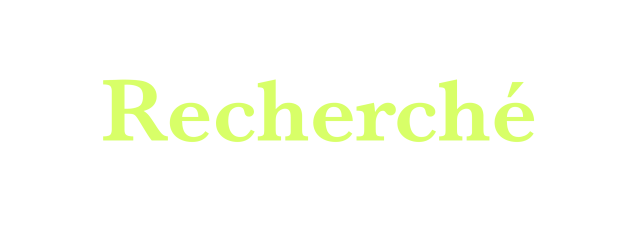Recherché
Adjective
- Rare, exotic, or obscure.
Example Sentences
“When I want to look more recherché, I add more jewelry and accessories.”
“The library book club is known for recherché selections that challenge the readers.”
“The chef planned a recherché menu to show off the seasonal ingredients.”
Word Origin
French, late 17th century
Why this word?
This word is borrowed directly from the French verb “rechercher,” meaning “to carefully seek out.” As it’s used in English, the adjective describes rare items that also have a sense of luxuriousness or refinement. For example, a rare first-edition book could be described as “recherché,” but a grubby piece of sports memorabilia might not rate the adjective, no matter how one-of-a-kind it is. Literature buffs might also recognize the word in the original title of French novelist Marcel Proust’s most prominent work: “À la recherche du temps perdu,” sometimes referred to in French as “La Recherche.” Published in the early 20th century, the original English translation titled it “Remembrance of Things Past,” but a revised version retitled it “In Search of Lost Time.”
top picks in Inbox Studio network
Word Daily is part of Inbox Studio, which publishes content that uplifts, informs, and inspires.











 Subscribe to Better Report
Subscribe to Better Report

